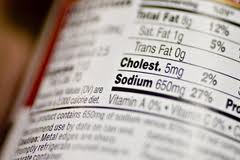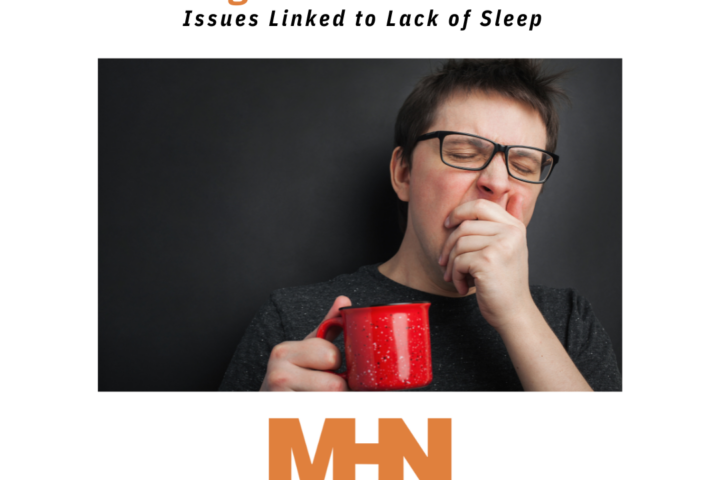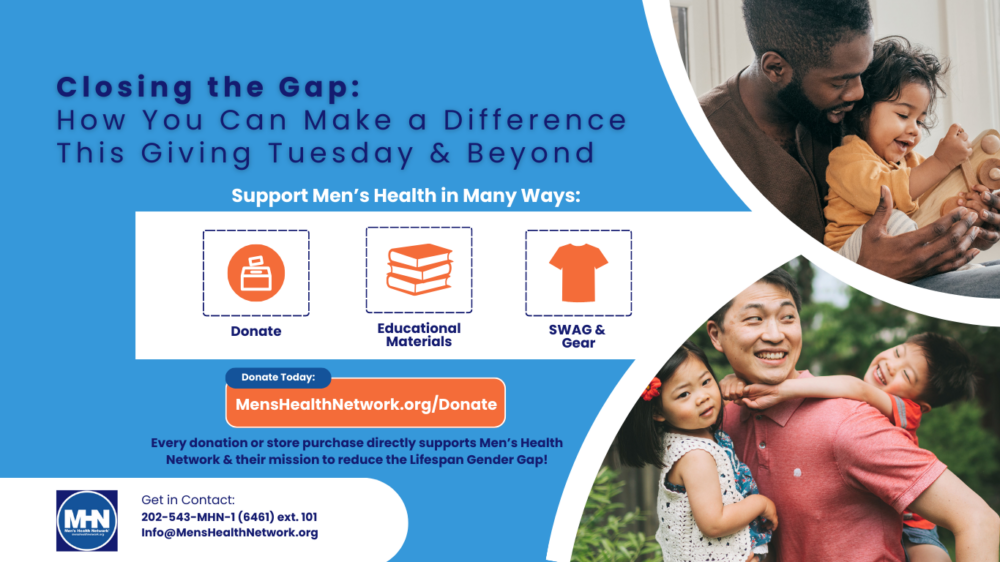 When you think of the top causes of death in this country, things like cancer, heart attacks, and diabetes come to mind. But what about salt? Yep, that seemingly harmless stuff that’s in practically everything we eat may be responsible for as many as 1 in 10 deaths in the US. And worldwide, excessive salt intake is causing 2.3 million cardiovascular deaths every year.
When you think of the top causes of death in this country, things like cancer, heart attacks, and diabetes come to mind. But what about salt? Yep, that seemingly harmless stuff that’s in practically everything we eat may be responsible for as many as 1 in 10 deaths in the US. And worldwide, excessive salt intake is causing 2.3 million cardiovascular deaths every year.
The key is the word excessive. In the US, average daily sodium intake is 3,950 milligrams. Compare that with the 2,300 mg/day max recommended by the Centers for Disease Control and Prevention (1,500 mg/day if you’re over 50, African American, or have high blood pressure, diabetes, or kidney disease) or the American Heart Association’s recommendation of no more than 1,500 mg/day. When it comes to those 2.3 million deaths, Dr. Dariush Mozaffarian, an epidemiologist at the Harvard School of Public Health, says “excessive” is anything more than 1,000 mg/day—a quarter of what the average American adult consumes.
“The burden of sodium is much higher than the burden of sugar-sweetened beverages,” said Mozaffarian, who has conducted studies on both salt and sugar. “That’s because sugar-sweetened beverages are just one type of food that people can avoid, whereas sodium is in everything.” If you need proof, all you have to do is open up your pantry and look for “sodium” or “sodium chloride” on the food labels.
Hundreds of studies and clinical trials have confirmed that salt tends to raise blood pressure—and that high blood pressure, in turn, increase the risk of cardiovascular conditions such as stroke and heart attack.
“From that we could determine the health effects of sodium,” Mozaffarian said, adding that one out of three deaths due to excessive sodium occurred before age 70. “It’s really affecting younger adults, not just the elderly.” Mozaffarian’s coauthor, Dr. Saman Fahimi, added that, “Sodium reductions have been shown to be one of the most cost-saving strategies in reducing the burden of noncommunicable disease.”
In all fairness, we should mention that the Virginia-based Salt Institute takes issues with Mazaffarian’s study and points out that no country in the world has average sodium consumption as low as Mozaffarian and his colleagues suggest. In a statement, Morton Satin, vice president of science and research for the Institute, said that Mozaffarian’s research “reveals an agenda far more rooted in sensationalist politics than in science.”
We at MHN suggest that unless your medical provider suggests otherwise, you follow the American Heart Association’s recommendations for sodium intake. And if you’re like most of us, that’s going to mean a big reduction.



